‘Yakuza’ Franchise Producer Masayoshi Yokoyama Says He’s Worried About Violence In Video Games: “It Is Imperative To Think About The Effects That This Can Have On Players”
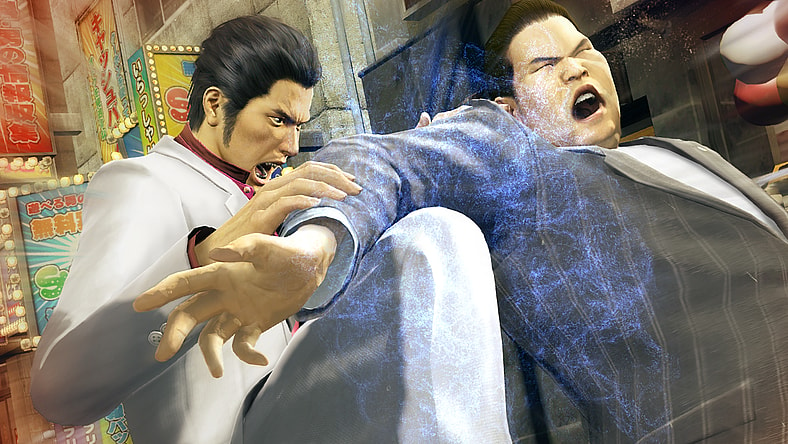
In doing his best impression of a reactionary 1990s-era American politician, long-time Yakuza series producer Masayoshi Yokoyama has admitted that, though he has no explicit proof to the fact, he believes violent video game content is detrimental to the mental capacities of players across the board.

Yokoyama, whose tenure with the franchise has seen him serve as a writer and producer on every entry save Dead Souls and the Project K duology, shared his thoughts on the topic of video game violence while speaking with The Japan Times regarding the difference in development philosophies between the Yakuza and Grand Theft Auto video game series.
Beginning with a direct comparison between the two, Yokoyama recalled to the outlet’s Mathis Cena that when it came to Yakuza‘s design philosophy, “From the start, we decided not to have a game where you can hit people yourself. All fights start with a provocation from the opponent, and the hero never hits women, that’s an absolute rule.”
“Our approach is the opposite (of GTA),” he added. “It’s a completely different game.”
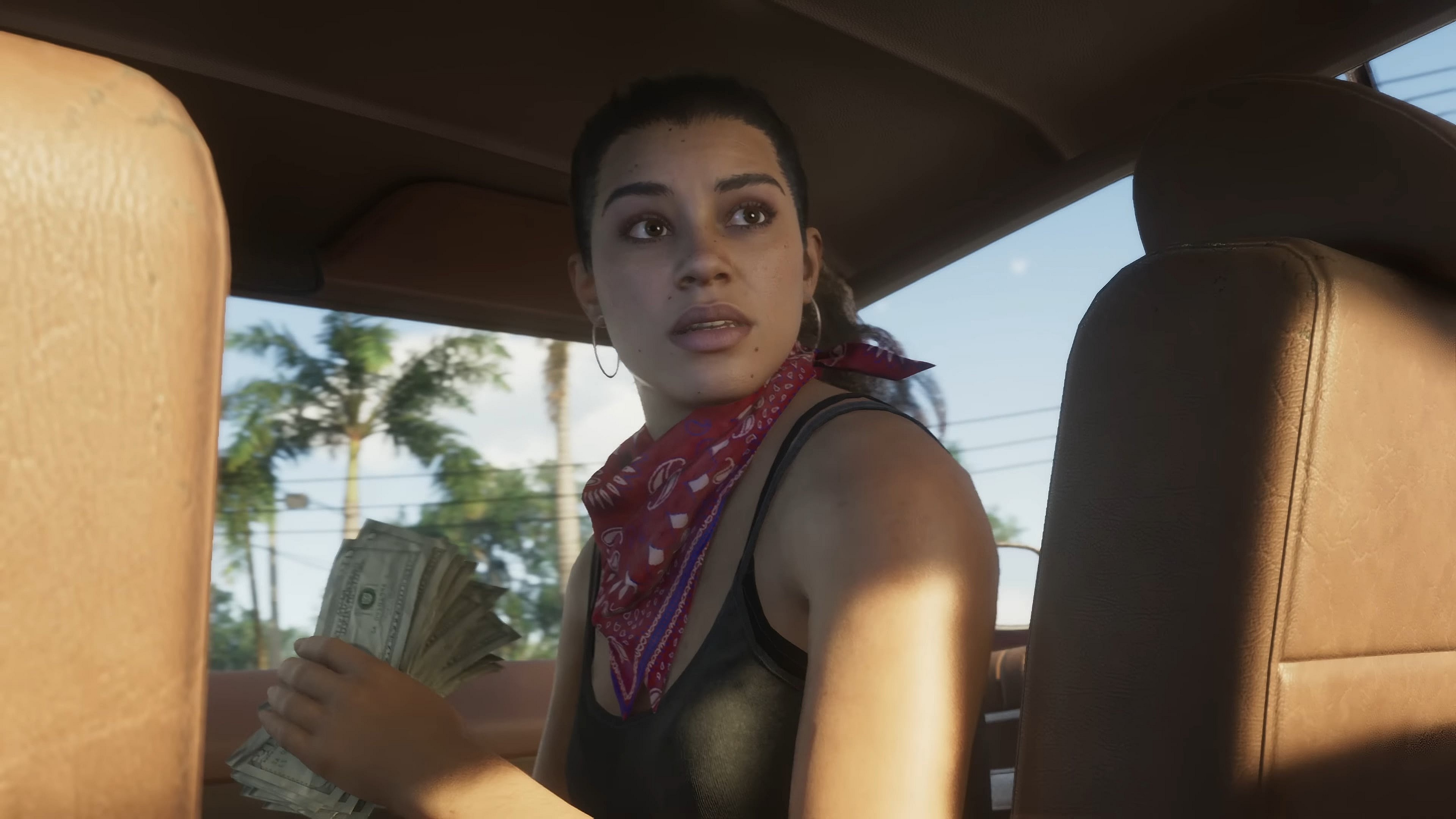
In further detailing the differences between the two open-world series, the producer then explained, “From the beginning [with Yakuza], we targeted a purely Japanese audience who actually go there and we wanted them to say: ‘Ah yes, that’s really how it is!'”
“[GTA] offers a very large map where you can act freely,” he detailed, “but in Like a Dragon [the franchise’s original Japanese name], you operate in a tight and dense space where you enjoy a story.”
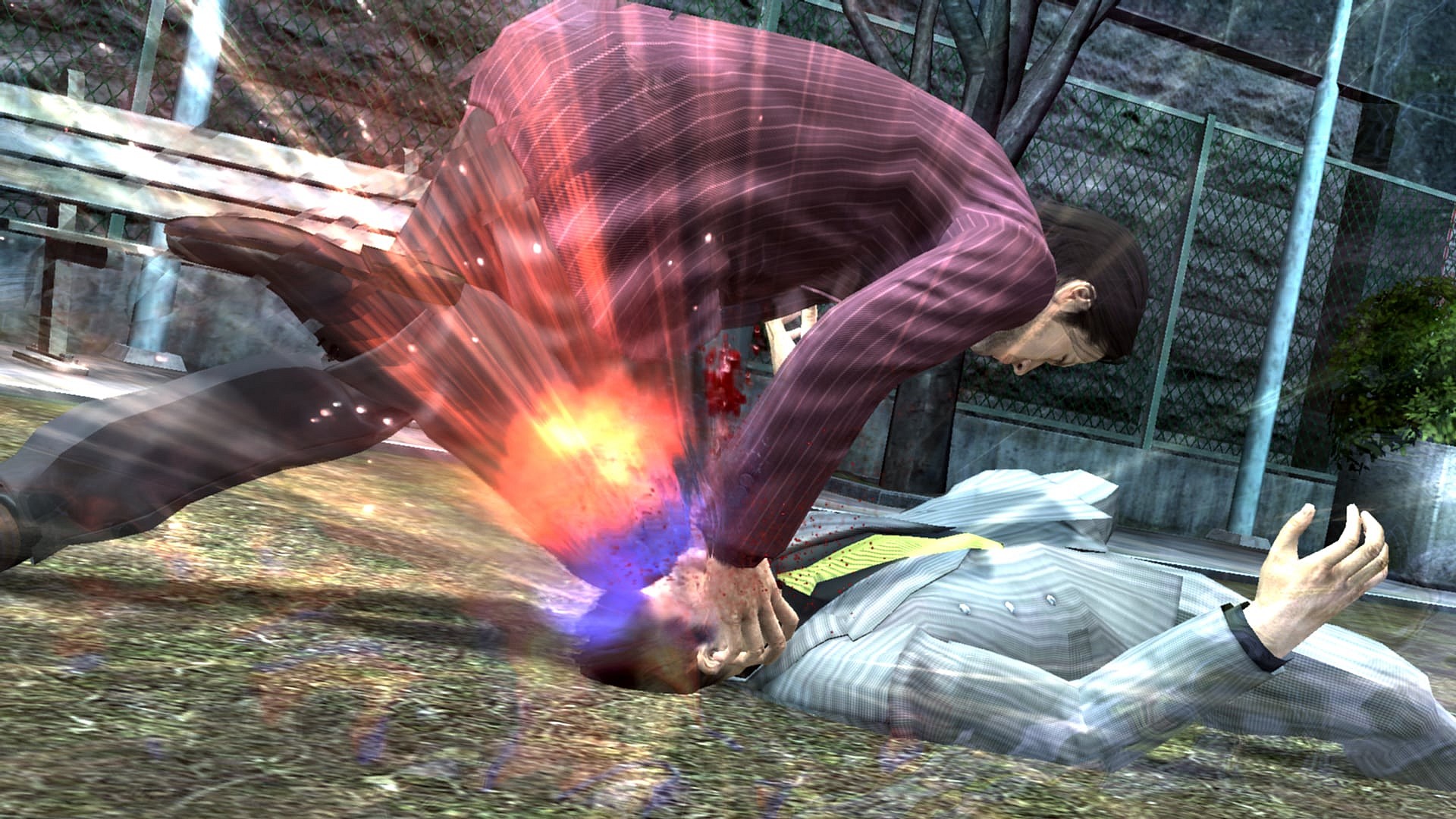
It was here, ostensibly thanks to its general relevance to both franchises, that Yokoyama turned to directly address the topic of violence in video games.
Noting that his concern over such content stemmed from those moments “when you see mass shootings on TV, and you learn that the author was playing at home”, the producer then opined “It’s a very complex problem, but I think we can’t say that video games don’t have an influence, because, unlike a novel or a film, they allow you to have an immersive experience.”
“So I think that when creating video games that contain violence or yakuza stories, it is imperative to think about the effects that this can have on players,” he further declared.

To this end, Yokoyama then explained that in deference to the supposedly ‘harmful effects’ these stories could have on players, “The plots of the [Yakuza] series have gradually moved away from purely yakuza themes to focus on social issues and the story no longer only concerns the underworld.”
“Having the word ‘yakuza’ in the (English) title harms sales in Japan,” the producer detailed. “Japanese society is getting tougher and tougher toward yakuza. In the past, we could talk about it on television but it has become a taboo word.”
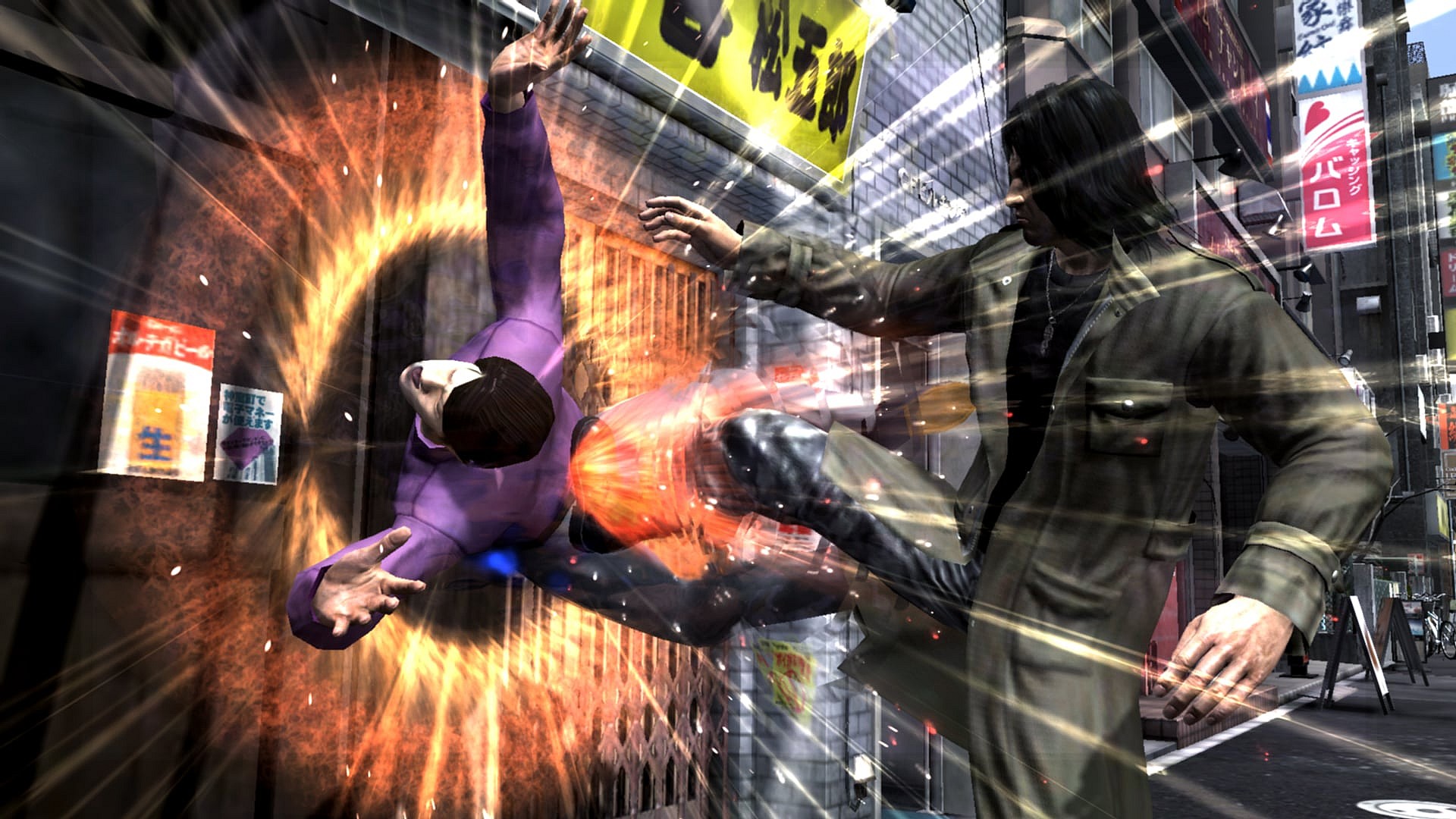
As noted above, despite making this claim, Yokoyama presented no concrete evidence to support his claim that fictional media is ‘influencing’ audiences to commit unsavory acts.
And that’s likely for one simple reason: it doesn’t actually exist.
While numerous studies have claimed to have found a link between violent video games and likewise behavior, most notably those published by the American Psychological Association in 2000 and the US National Institute of Health in 2019, it should be noted that these results often draw a causal relationship between the two simply based on whether or not an individual played video games and was aggressive with no concern for other such outside factors as genetics, environment, or actual time spent engaging with the content versus level of aggressive behavior.
However, as the old adage goes, ‘correlation does not imply causation’.
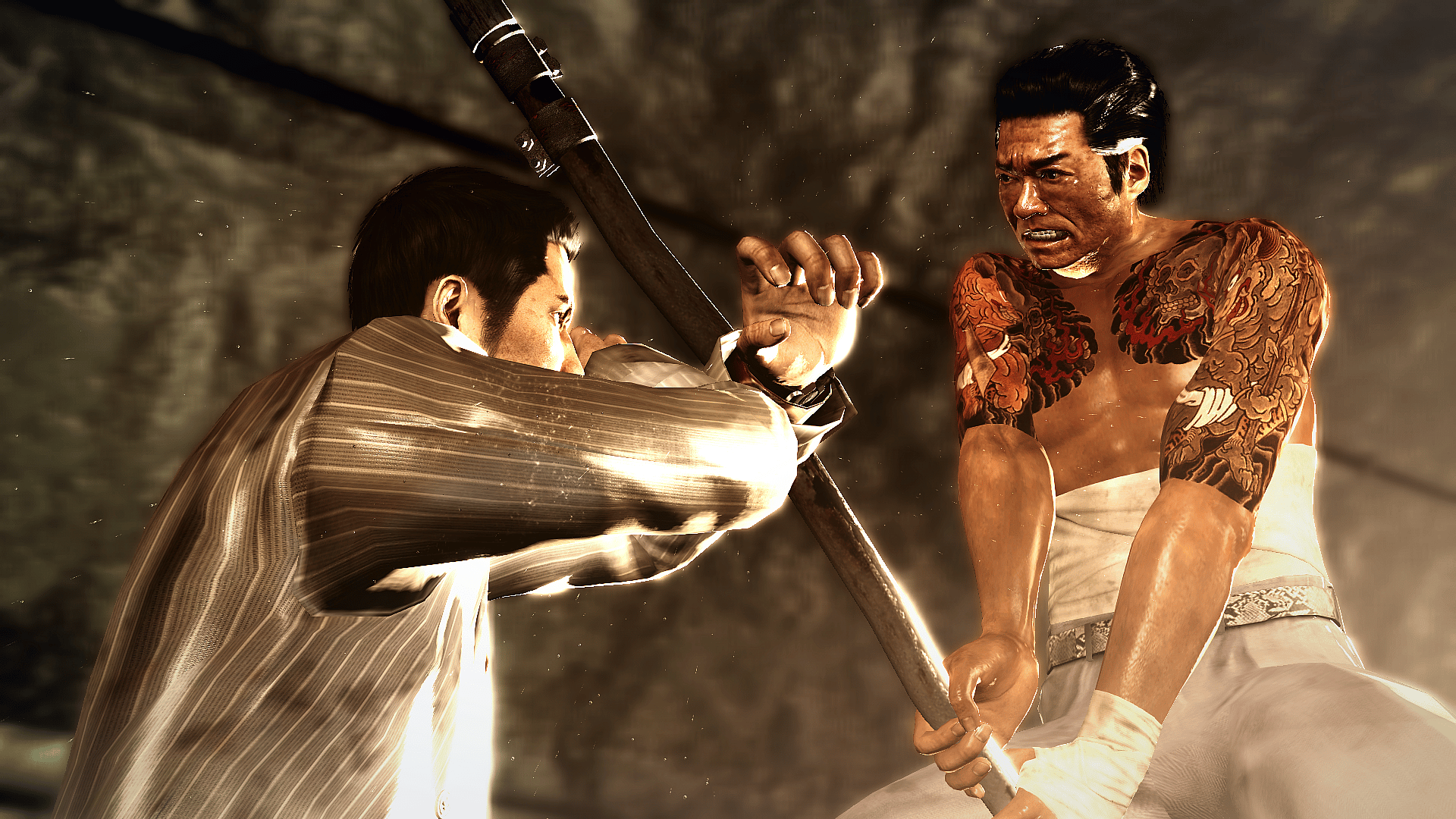
Rather, as conversely posited in a separate study published by Stetson University professor and Co-Chair of Psychology Christopher Ferguson and his team in 2019, while “results did suggest, however, that the interaction between aggressive personality and violent-video-game exposure is predictive of violent crime, given that video game exposure does not have a direct effect on criminally violent behavior or aggressive personality, but aggressive personality (both directly and through an interaction with video game exposure) does predict violent crime, this is suggestive that some aggressive individuals are actively seeking out (rather than passively modeling) examples of violence.”
“These results call into question whether a person’s propensity toward violent crimes can be predicted based on their direct exposure to violent-video-game play. Although such a relationship would not necessarily have been causal, these results refute that players of violent video games can be categorized as being prone to violent criminal acts,” they added. “Instea, some aggressive individuals may be influenced to commit violent acts through a combination of biological and family violence exposure factors and may also choose to play violent video games, perhaps using these as a stylistic catalyst.”
:The influence of the arts on the immoral actions of individuals (whether violent, sexual, political, or religious) has likely always inflamed public opinion,” the team ultimately concluded. “Yet one generation’s violent media becomes the next generation’s literature, and our fundamental biology, innately aggressive as it sometimes may be, continues.”
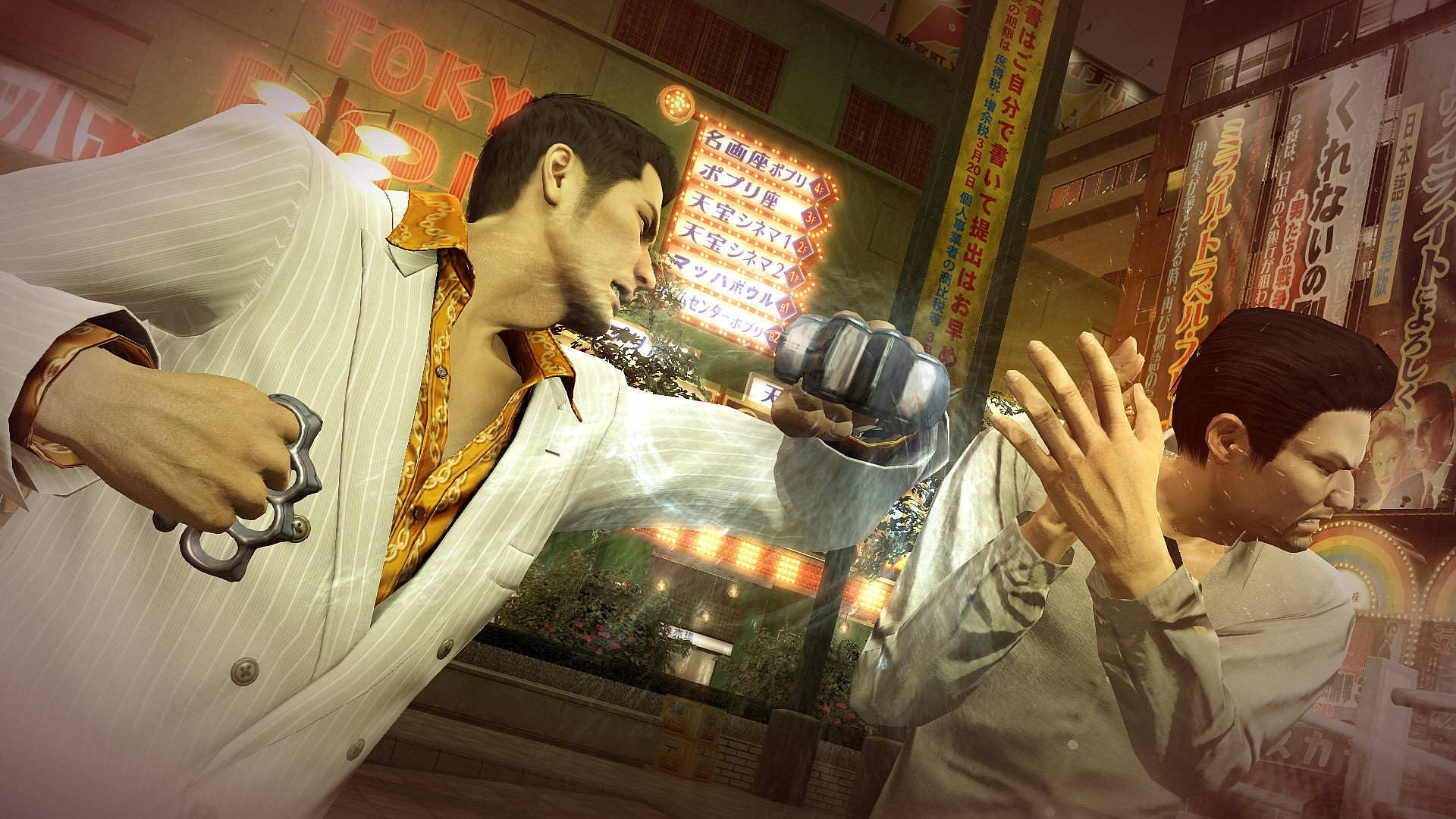
NEXT: SEGA Announces Live-Action Yakuza Adaptation Under Supervision Of Series Creator Toshihiro Nagoshi
